When the National Broadcasting Commission (NBC) released it’s amended 6th edition of the NBC Code a few days ago, some industry observers agreed that the anti-competitive objectives of the revised document, which is to maintain and promote fair and efficient market conduct, conforms to international standard.
The observers lauded the efforts of the Federal Government through NBC to protect Nigerians from what they described as modern colonization imposed by owners of PayTV firms on Nigerians. They insisted that the PayTV, especially the ones owned by foreigners, have fleeced Nigerians over the years without ‘meaningful rewards’.
What the amended code says
A part of the code (9.1.1.2) states that “In furtherance thereof, a Broadcaster shall offer the Sports and News programme and/or channels to other broadcasters for retail to residential subscribers in Nigeria on the following terms:
• Upon reasonable request in writing
• Within a reasonable time
• On a non-exclusive basis
• Without any undue discrimination
• In accordance with the requirements of this section and directions issued by the Commission.
READ ALSO: See the agreements AIT and NBC accepted as court gives final ruling
According to NBC, every broadcaster must license its broadcast and/or signal rights in any genre of programming to another broadcaster in Nigeria if:
• The genre of program(s) enjoy(s) compelling viewership by Nigerians;
• It relates to a product or service that is objectively necessary to be able to compete effectively on a downstream market;
• It is likely to lead to the elimination of effective competition on the downstream markets; and
• The refusal is likely to lead to consumer deprivation.
Any platform that contravenes this provision will be given the chance to comply or risk a fine of ₦10 million ($25,773).
What it means: The broadcast code would prevent PayTV and streaming platforms from making content exclusive on their platforms. It compels PayTV and video-on-demand platforms like Netflix, Amazon, iROKOtv, Scene One TV, Africa Magic, etc to sub-license their content at prices the NBC will regulate. If they refuse to share or comply with the NBC’s prices, they would be sanctioned and probably fined, if adamant.
Operators lament
On the other hand, concerned movie content distributors and operators have kicked against NBC’s move to outlaw content exclusivity. As far as they are concerned, owning exclusive content is their major Unique Selling Proposition (USP) and they are not ready to lose such fortune for others that did not work for it.
Reacting to the development, Chief Executive Officer, iRokoTV, Jason Njoku, one of the top PayTV platforms in Nigeria, on his Twitter handle explained that the new law, if implemented, will destroy PayTV in Nigeria and alleged that NBC in compelling sub-licensing of content & regulating price, would effectively turn a private enterprise into state property.
READ ALSO: How FG’s new broadcast regulation would boost local content
Njoku said, “Nigeria Broadcasting Commission (NBC) in making exclusivity illegal, compelling sub-licensing of content & regulating price, are effectively turning the private enterprise into state property. Interference Distorts Markets. If implemented this 100% destroys PayTV in Nigeria.
“This our champagne socialism & zero input style of policymaking is the reason Nigeria is stunted in everything. I invest billions naira in content then I am compelled to share with everyone else as NBC sets the price. Why? Dark forces or incompetence is at play here. Ridiculous.”
He explained that if Tyson Fury and Anthony Joshua are to fight, and it is to be shown in Nigeria, that means the equivalent of 30% of the license costs need to be invested in an equivalent local sport. “Who will pay for that?” he inquired.
A policy expert and a lawyer, Ayobami Oyeleke, explained that the NBC, which was created by a military decree in 1992 and later became an Act of the Nigerian National Assembly to regulate Nigeria’s broadcast industry, does not have the power to regulate copyrights of others.
He said that Nigeria’s Copyright Act allows a content producer to grant to distributors and that the NBC has no legal right to determine who shares what content or even fix certain prices.
He said,“The agency cannot correct a wrong with another wrong. For such code to be a success, it must approach the National Assembly to amend the Copyright Act. After three readings, the committee would hold a public hearing in that regard before that is done.”
If NBC would take the amended code to the National Assembly or it would implement the policy without taking that route, operators and stakeholders would find out in few weeks.

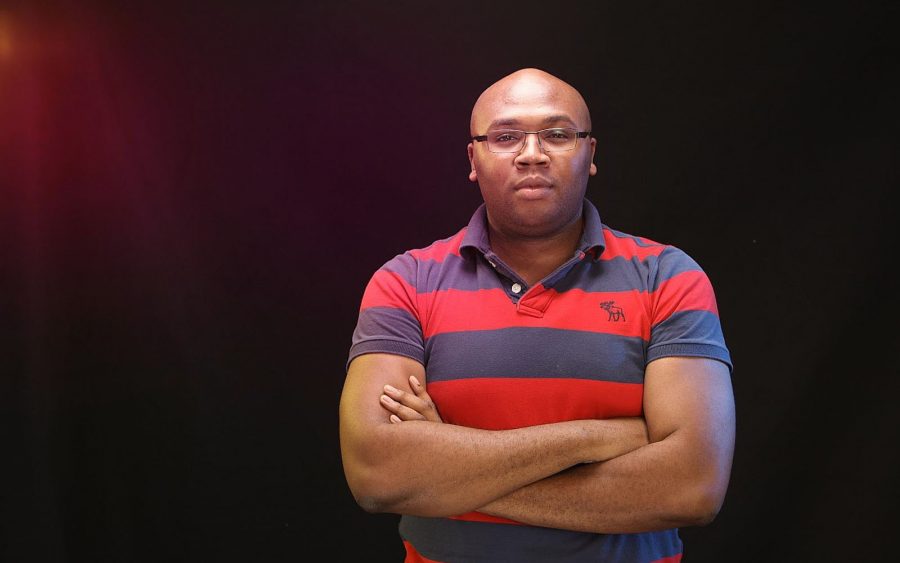






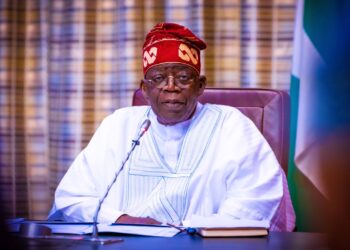
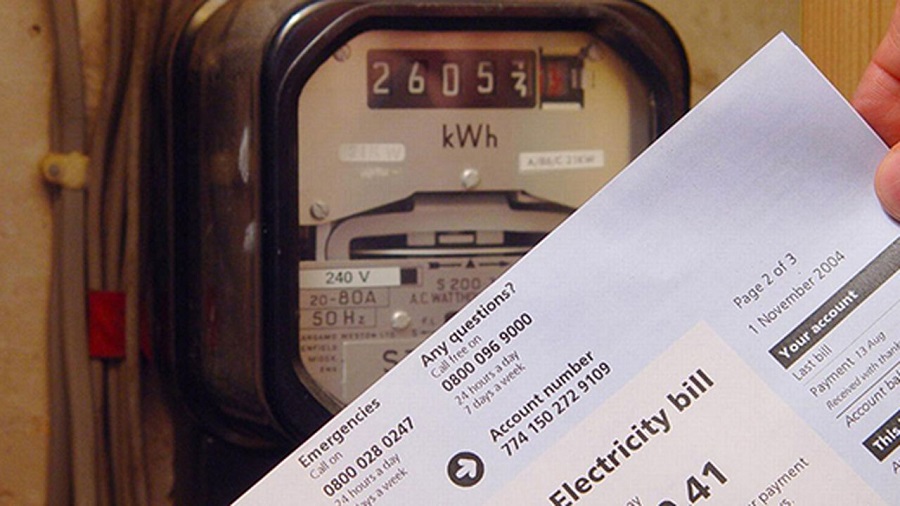
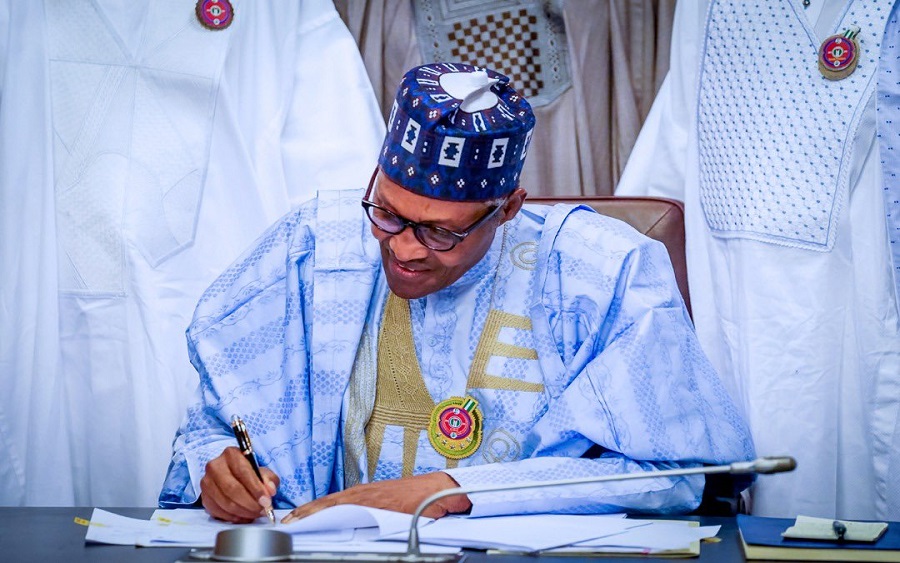
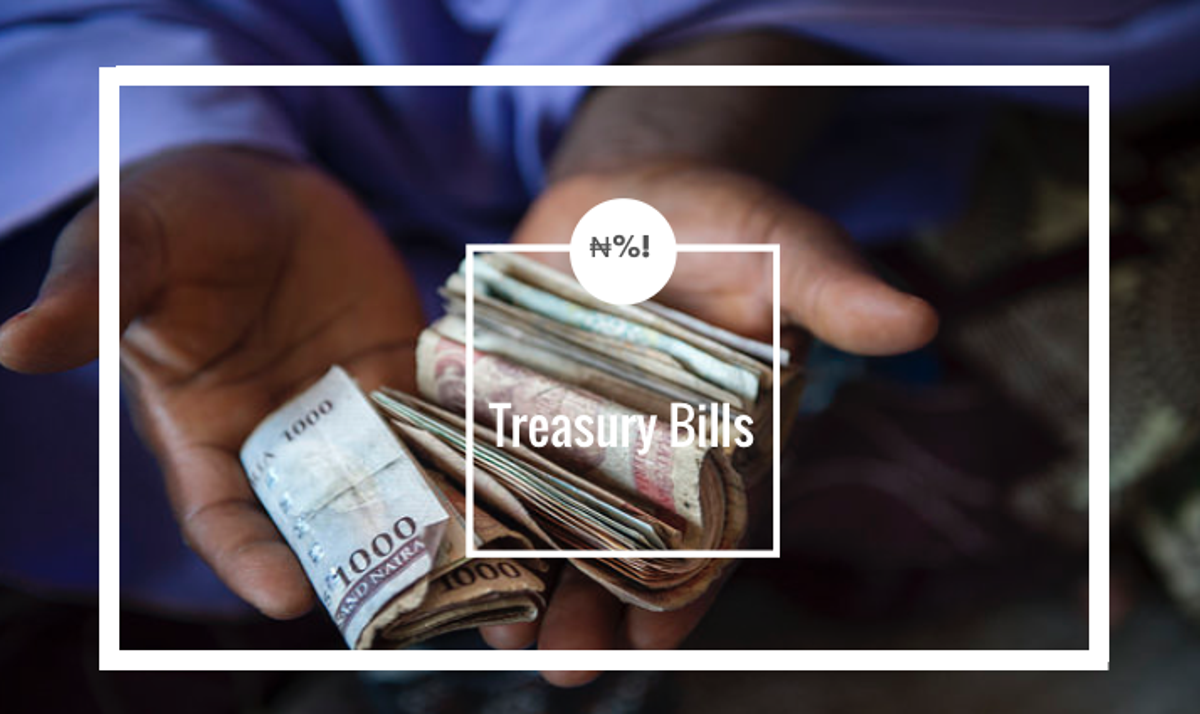











Isn’t this amendment going to benefit the audience? I mean if Dstv cant offer foreign football, it brings options for the audience to pick what they want to watch and on what platform, that means good content availability at cheaper rates.
It’s a good idea, the main aim is to promote monopoly
Personally I feel the amendment is going to benefit the audience. If Dstbn no longe has right to foreign football exclusively then its creating option for the audience to pick what they want to watch. And it all goes down at a cheaper rate. Seems fair to me
The idea of the amendment is to curb monopolistic in the broadcast industry , it’s a benefit go run the audience
The idea of the amendment is to curb monopolistic acts in the broadcast industry , it’s a benefit to the audience .
Personally I feel the amendment is going to benefit the audience. If Dstv no longer has right to foreign football exclusively then its creating option for the audience to pick what they want to watch. And it all goes down at a cheaper rate. Seems fair to me
i believe the idea behind the amendment is to curb monopolistic act in the broadcast industry . well , it’d favor the audience
Since the main aim of the amendment is to promote anti monopoly
Then personally i feel it’s a good idea